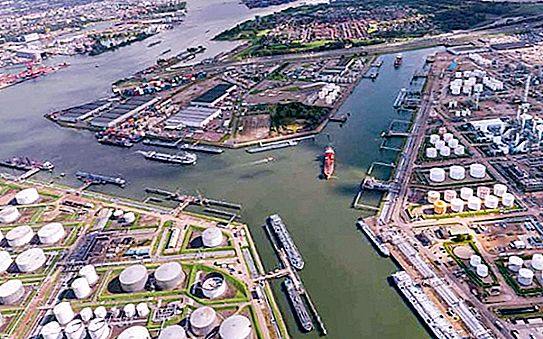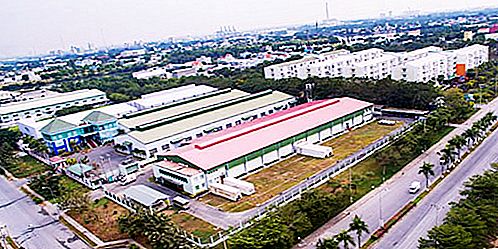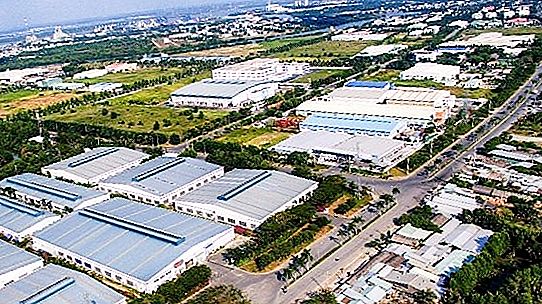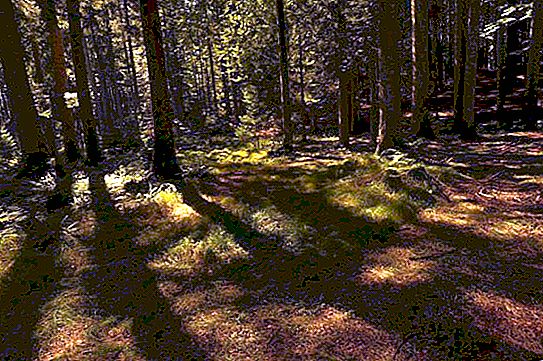A cluster in economics and industrial production is a group of interconnected organizations (companies or corporations) that are located in a certain territory and are producers of products or services, while complementing each other. The cluster participants are characterized by cooperation, territorial concentration. Clusters are somewhat different from associations, industrial complexes, industrial agglomerations, holdings, industrial parks and industrial districts.
The process of creating and developing a cluster is called a cluster initiative. Cluster policy is the process of implementing initiatives to develop and expand the cluster.

What are the benefits of cluster formation?
Creating an industrial cluster can be a fairly effective strategy for the development of companies. Combining several industries into a single whole has a number of important advantages. First of all, it is a reduction in transportation costs and time spent on transportation of products between production facilities. This means that fuel consumption, vehicle depreciation and other costly items are reduced.
The second reason is the benefit of working together when the production process is carried out by the joint efforts of several companies, which makes it more reliable and less risky.

The third reason is the possibility of a direct exchange of knowledge and experience between people working in different industries, which is called implicit knowledge. Due to geographical proximity, it is possible to directly exchange such knowledge and the transfer of personnel from one production company to another. This effect also explains the fact that traditionally many specific crafts did not go beyond the limited territorial units.
Clustering increases the competitiveness of firms in the local, regional and global markets.
Cluster features
The characteristic features of the production cluster include the following:
- The territorial proximity of the production units that make up the cluster.
- Unified raw material base.
- The interconnectedness of production processes and technologies;.
- Introduction of innovative technologies.
What is an industrial cluster
A production cluster is a new form of spatial and economic organization of economic activity, which is a group of production companies geographically and economically interconnected, with intercompany division of labor.
The concept of "cluster" is quite new. It appeared in 1990 in one of the works of Michael Porter. In an analysis of the development of industrial countries, he found that the emergence of production clusters is a characteristic feature of modern industrialization.

The cluster is characterized by the combination of several manufacturing sectors, which makes it possible to work more efficiently and jointly squeeze out competitors. Also, the concept of “production cluster” can be interpreted as the union of several enterprises with a view to their joint development. All this leads to a reduction in the cost of production, an increase in production efficiency and the competitiveness of enterprises in a market economy. As a result, greater stability and resistance to various external challenges, industry and financial crises is achieved.




